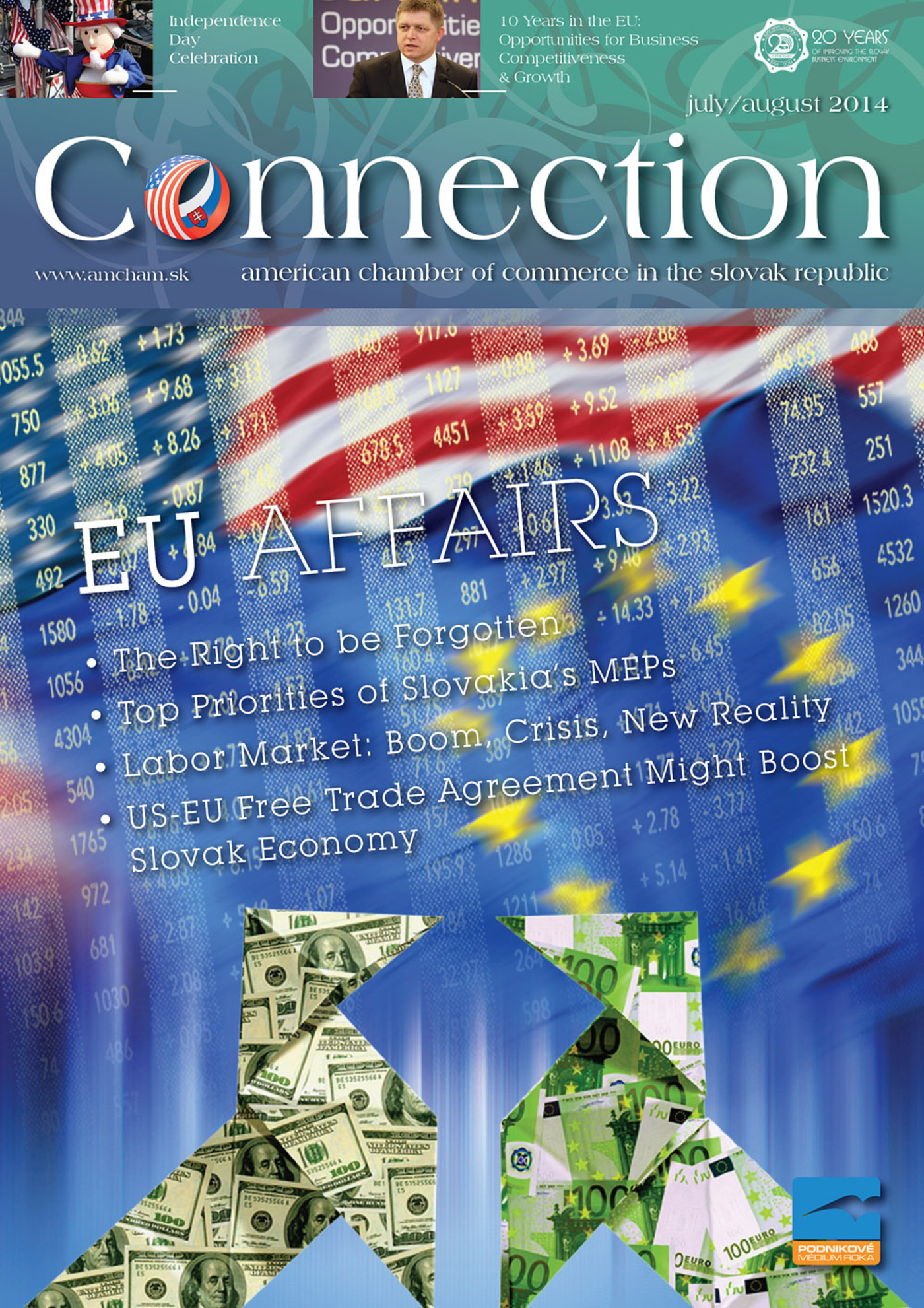Importance of Understanding Competences of the European Commission
The European Commission oversees and implements EU policies and is empowered to pursue investigations and issue decisions which may directly affect individuals and companies. Decisions of the European Commission in competition and state aid matters require particular attention because they form two major groups of rulings often having severe negative impacts on the existence and operation of businesses from EU member states. In light of some recent decisions of the Commission affecting Slovak companies, it has become increasingly important that Slovak companies are aware of the competences of the European Commission and understand the available legal remedies.
Immediate Enforcement of Decisions and Available Remedies with EU Courts
Proceedings before the European Commission are basically administrative proceedings which result in formal decisions of the Commission. The greatest threat of these decisions is that they are immediately effective and enforceable.
The company concerned may challenge a decision of the European Commission and initiate a judicial review of its legality only by bringing an action before the Court of Justice of the European Union, namely before the General Court (having jurisdiction for such actions at first instance). Actions against European Commission decisions may be justified only on the following grounds:
(i) lack of competence of the institution to issue such decision;
(ii) infringement of an essential procedural requirement;
(iii) infringement of the Treaty on Functioning of the European Union or Treaty on European Union or of any rule of law relating to their application; or
(iv)misuse of powers.
It is important to pay attention to time limits when considering submitting an action against the Commission’s decision because these actions must be brought within a limited period of two months. This time period is calculated either from the publication of the contested decision in the Official Journal of the European Union, or from its notification to the plaintiff. In the absence of both publication and notification, the two month period runs from the day on which it came into the knowledge of the plaintiff.
Unfortunately, bringing an action for annulment does not automatically suspend the operation and enforceability of the contested decision. However, if the immediate enforceability of the decision would cause serious and irreparable harm to the company concerned, an application for an interim measure seeking to suspend the operation and/or enforcement of the contested decision might be possible.
Appeals against judgments of the General Court may be filed with the Court of Justice. The appeals are, however, limited to points of law only and do not have suspensory effect.
Companies should also bear in mind that the Statute of the CJEU lays down a principle of obligatory representation of the applicant by a qualified lawyer in proceedings before courts of the European Union. Companies may choose their legal representatives from lawyers authorized to appear before a national court of an EU member state or any other state which is a party to the Agreement on the European Economic Area.
Limited Protection in National Execution Procedure
When making a decision in relation to both competition and state aid matters respectively, the European Commission generally imposes some form of monetary obligation on the addressee or, in the case of state aid, the beneficiary of the unlawful state aid. Given that these decisions are directly enforceable before national authorities, the affected companies may face immediate execution proceedings.
It is the Ministry of Foreign Affairs that confirms enforceability of decisions of the European Commission. However, when confirming enforceability, the Ministry only formally checks and verifies the authenticity of the decision, but it does not review the content of such decision.
In 2011, the Slovak legislator introduced an amendment to the Execution Rules by which it excluded the availability of certain procedural tools for cases of recovery of unlawful state aid. Since this new regulation, the recipient of state aid, as a legal person, is entirely precluded from requesting the suspension of execution of a Commission decision. Furthermore, the reasons that can be given as justification for the discontinuance of execution are limited in comparison with other execution titles.
As a result of the above, challenging enforcement of a decision of the European Commission might be a tricky task. It is therefore always better to pay attention to the principles of EU law when doing business on the internal market rather than having to deal with any sanctions imposed on your company due to their breach. If, however, despite best efforts, the European Commission does initiate an investigation, it is advisable to instruct experienced counsel from the beginning in order to minimize the risk of a negative EC decision.
Tatiana Prokopová, Partner, Squire Patton Boggs
Lenka Abelovská, Associate, Squire Patton Boggs



Follow us